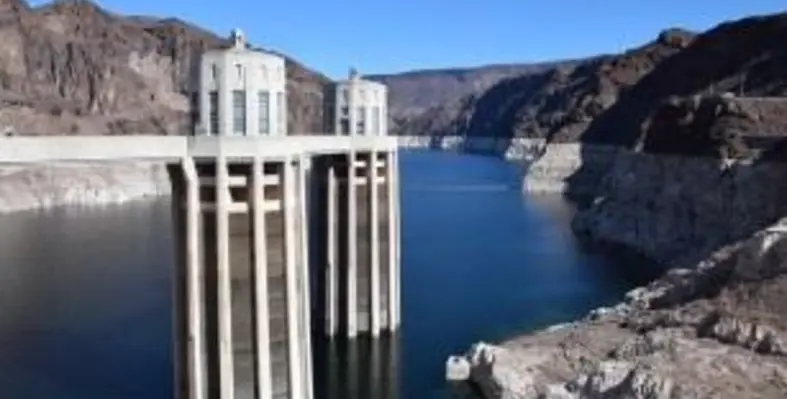The African Development Bank (AfDB) and the UN Water Convention have agreed to jointly encourage African countries to join the UN water management organisation to promote integrated and sustainable management of surface and groundwater resources
The move follows a visit by a delegation from the UN Convention on the Protection and Use of Transboundary Watercourses and International Lakes to the AfDB headquarters in Abidjan, on 12 April 2019.
The delegation briefed senior officials of the bank about the activities of the body and recommended that the bank’s clients join the Convention. They also explored opportunities to strengthen cooperation - at the continental level and in specific basins and regions across Africa - between the Convention and the bank.
Wambui Gichuri, director of the bank’s water development and sanitation department, said that while Africa is endowed with abundant water resources, it is also the second driest continent, with two great deserts, the Sahara and the Kalahari, located in its northern and southern regions respectively.
“Drinking water supply and sanitation, food production, energy supply, and industrial development are all completely dependent on the availability of water,” Gichuri added.
In her presentation to the bank team, Francesca Bernardini, secretary of the Water Convention, said that the body aims to promote the sustainable management of transboundary waters through cooperation and partnership.
“The convention and its activities are consistent with the AfDB’s water sector strategy, particularly supporting the bank’s Integrated Water Resources Management (IWRM) policy across all levels of water needs in its operations,” Bernardini said.
Mahamat Alifa Moussa, general director at the Ministry of Environment, Water and Fisheries of Chad was part of the delegation to the AfDB, commented, “Faced with the risk of conflicts over water use between Chad and riparian countries, the needs of development, increased individual needs, population growth and to plan for the future by conserving natural environments and biodiversity, Chad has resolved to promote integrated and sustainable management of surface water resources and groundwater.”














